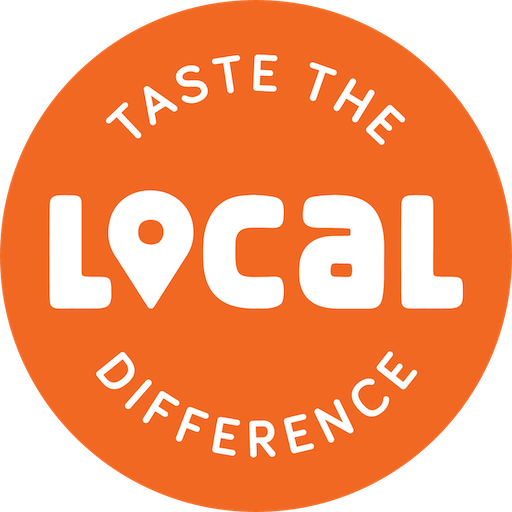If it seems like every few years the recommendations for eating eggs changes, that’s because it does. The issue is that egg yolks are a rich source of dietary cholesterol, but do not contain saturated fats which co-exist in most other sources of cholesterol like red meats. Cholesterol is an important structural component in all animal cells but having too much in our blood is associated with increased risk of heart disease. What has been challenging for scientists to figure out is the relationship between the cholesterol we eat and our blood cholesterol. It has been well established at this point that eating more saturated fat can increase blood levels of unhealthy cholesterol and lead to heart disease, but the understanding of dietary cholesterol on its own is still murky.
Understanding the Science
One factor that makes this science hard to study is that collecting data on people’s diets is notoriously difficult. We think we are good at recalling everything we ate yesterday, for example, but the truth is we tend to forget things and misremember portion sizes. Since most people tend to underreport foods that are less nutritious, the omissions are not evenly spread out and this can skew study results.
The most up-to-date study on the effect of dietary cholesterol and eggs on heart disease and all cause mortality from the Journal of the American Medical Association pools data from six major studies going back to 1985 and assesses the collective results (see the study here). This made headlines because it seems to reverse the earlier findings that dietary cholesterol has only a negligible effect on heart disease. The results of this newest study show a modest but increased risk of heart disease with dietary cholesterol and egg consumption above 3-4 eggs per week.
The Bottom Line
Does this mean we all need to give up eggs? No, and here are some reasons why: for one, the study only looked at people’s self-reported data (already inexact) from a single baseline report going back as far as 1985. It is normal for our diets to change seasonally and across years as other things in our lives change, so this data is not great. Plus, it is an observational study meaning that it cannot conclude a cause and effect relationship. Also, humans have been eating and enjoying eggs since prehistoric times, they are an inexpensive and excellent source of protein, vitamins and minerals. The increased risk relationship, which the study authors describe as only modest, was mainly driven by those who reported eating more than one egg per day. We know that healthy diets include a large variety of foods, so it is likely that eating more than one egg per day could limit intake of other foods. The bottom line is, eat a variety of whole foods, locally sourced if possible, to maximize nutrition and satisfaction from your diet.
Mieko Diener is a dietetic intern from the University of Michigan School of Public Health, she has an MPH in nutritional science. Learn more at localdifference.org
